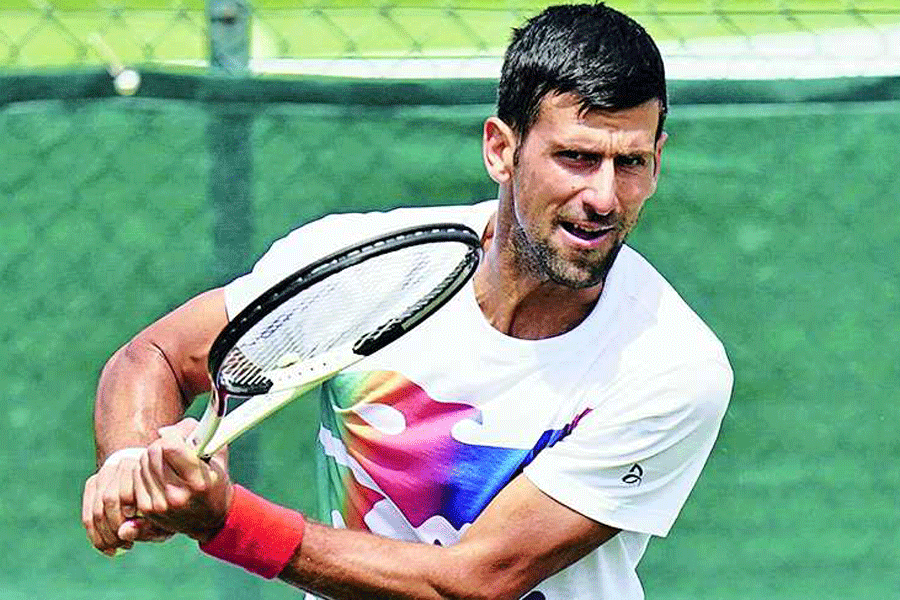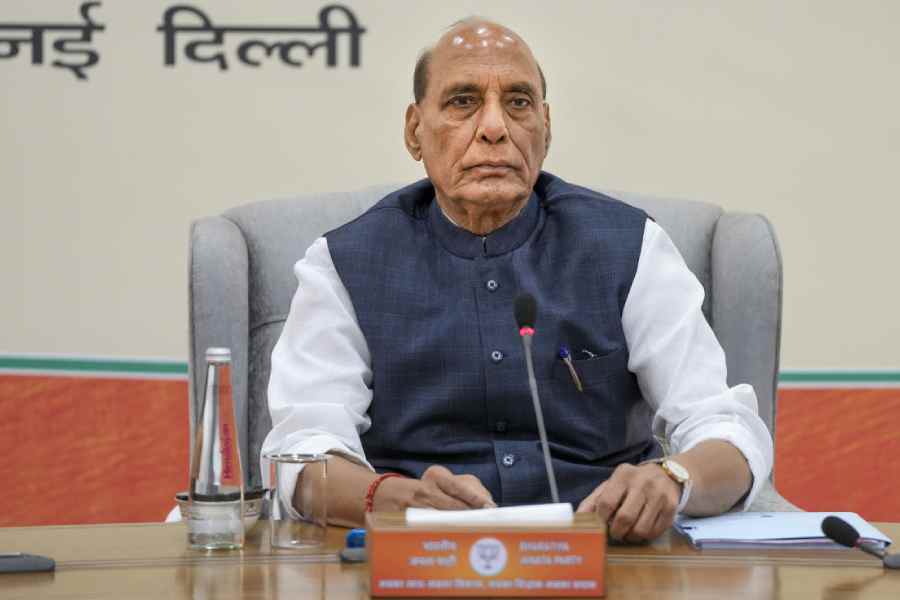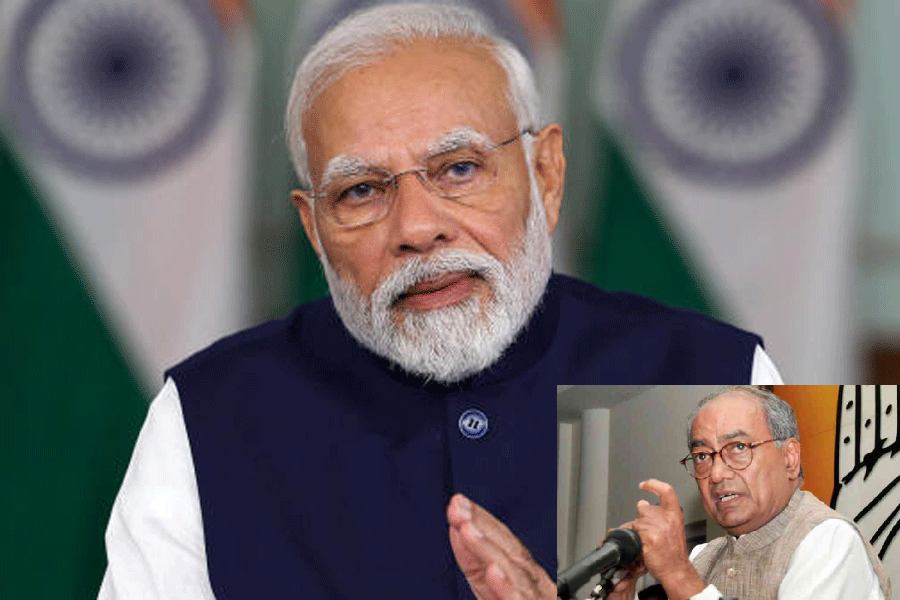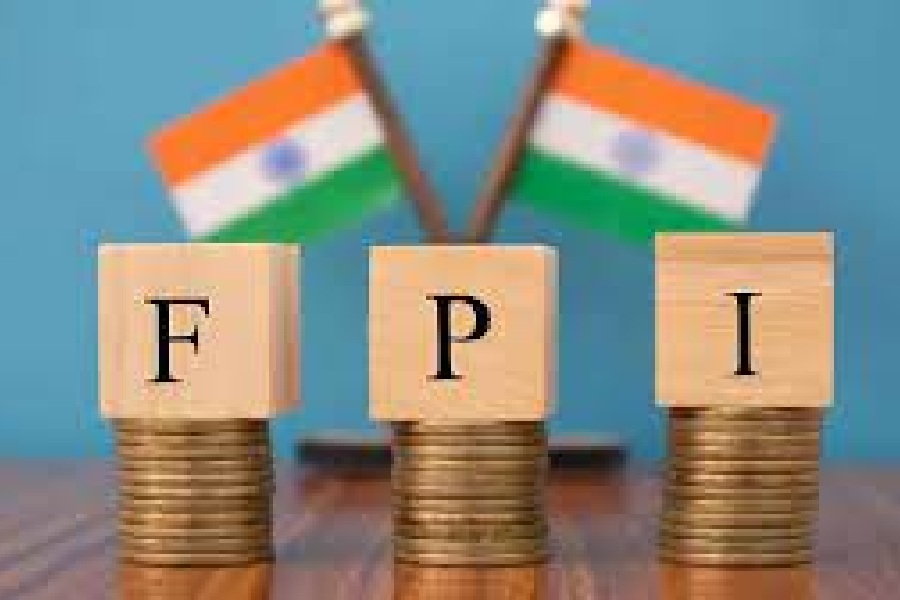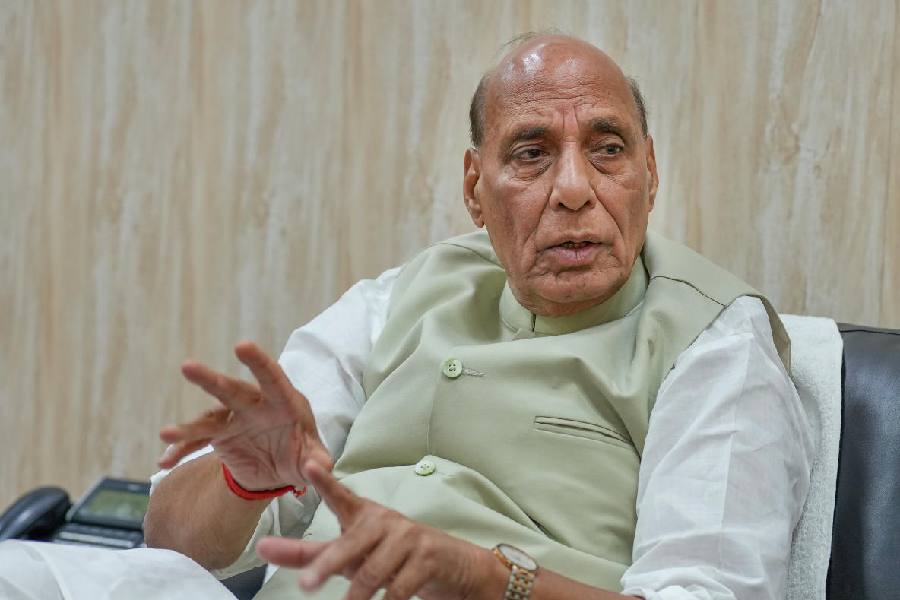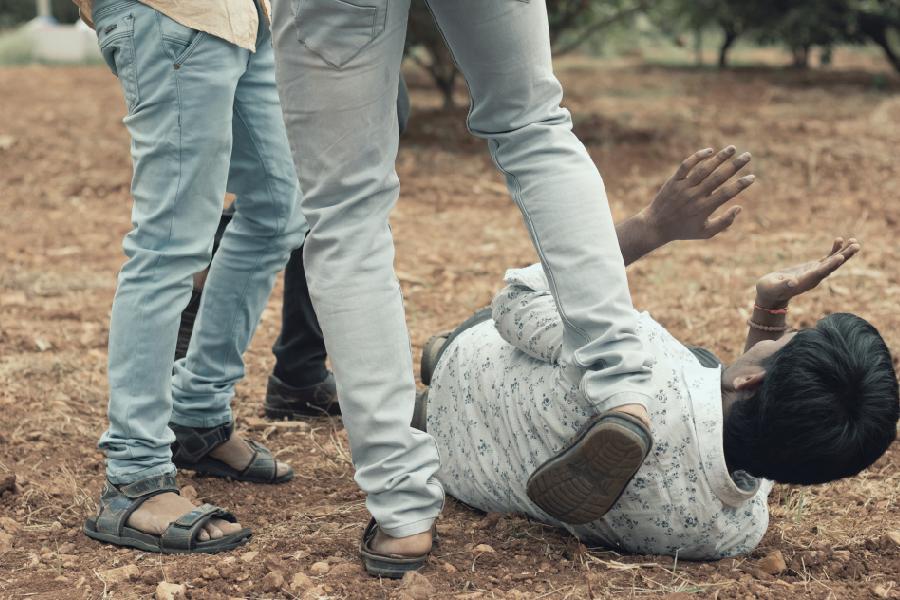Tennis ace Novak Djokovic considers his mental state just as important as his physical condition when it comes to being prepared to play his best at age 36.
“Mentally there is probably a lot more that I’m dealing with in my private life than was the case 10 years ago. But that’s the beauty of life,” said Djokovic, the Serb who owns 23 men’s grand slam singles titles.
“I just feel that there is always, I guess, an extra gear that you have inside of you and you can find when you dig deep to handle and manage energy levels, on and off the court,” Djokovic said, “if you’re really devoted to that, if you pay attention to that mental aspect as much as physical, of course.”
By the time players arrive at Flushing Meadows for the last major tournament of a long tennis season, ailments and injuries that are part of any professional athlete’s existence can make things tough. Some competing at the US Open, which concludes this weekend (Monday IST), say the wear and tear on the mind can be just as hard to deal with as whatever might be wrong with one’s body.
“We’re already smashed. Completely,” said Daria Kasatkina, a 26-year-old from Russia who reached the fourth round here.
Stress comes from a variety of sources. The desire to win each match, of course. The importance of earning, and defending, rankings points...
“At a Slam, tension is always there. A few days before it’s starting, you’re already feeling it,” said Kasatkina.
US Davis Cup captain Bob Bryan, who won 16 grand slam doubles titles with twin, Mike, recalls how it could alter performance.
“There are times when mentally you just can’t push because you’re so exhausted. And you don’t deal with the adversity well and that will definitely affect your game,” Bryan said.
Not everyone deals with mental fatigue — or, if they do, acknowledges it.
“Physically, mentally, I feel ready,” Aryna Sabalenka, who will play Coco Gauff in the women’s final, said before the start of the US Open. “I feel motivated. I feel strong.”
Naomi Osaka was one of the first professional athletes to discuss feelings of anxiety and depression, after withdrawing from the 2021 French Open, but conceded she “wasn’t thinking about everyone else”, during a panel discussion here on Wednesday about mental health in sports.
“For quite a few years, mental training was not really talked about much, generally, in the tennis world. And mental health is a subject that is quite talked about in the last, I would say, three, four years, which I’m glad,” Djokovic said. “It needs to be addressed, so that the players have proper understanding of what they are going through and then have help and the necessary guidance,” he said.
The ways players try to cope differ, with some just accepting there aren’t many opportunities to recharge.
“You just try to manage this physical and mental fatigue the best you can with experience, and usually I feel like I’m doing this not too bad,” said 2021 US Open champion Daniil Medvedev. “You just keep going, keep playing. I don’t think I have been on vacation in the off-season for three years.”

